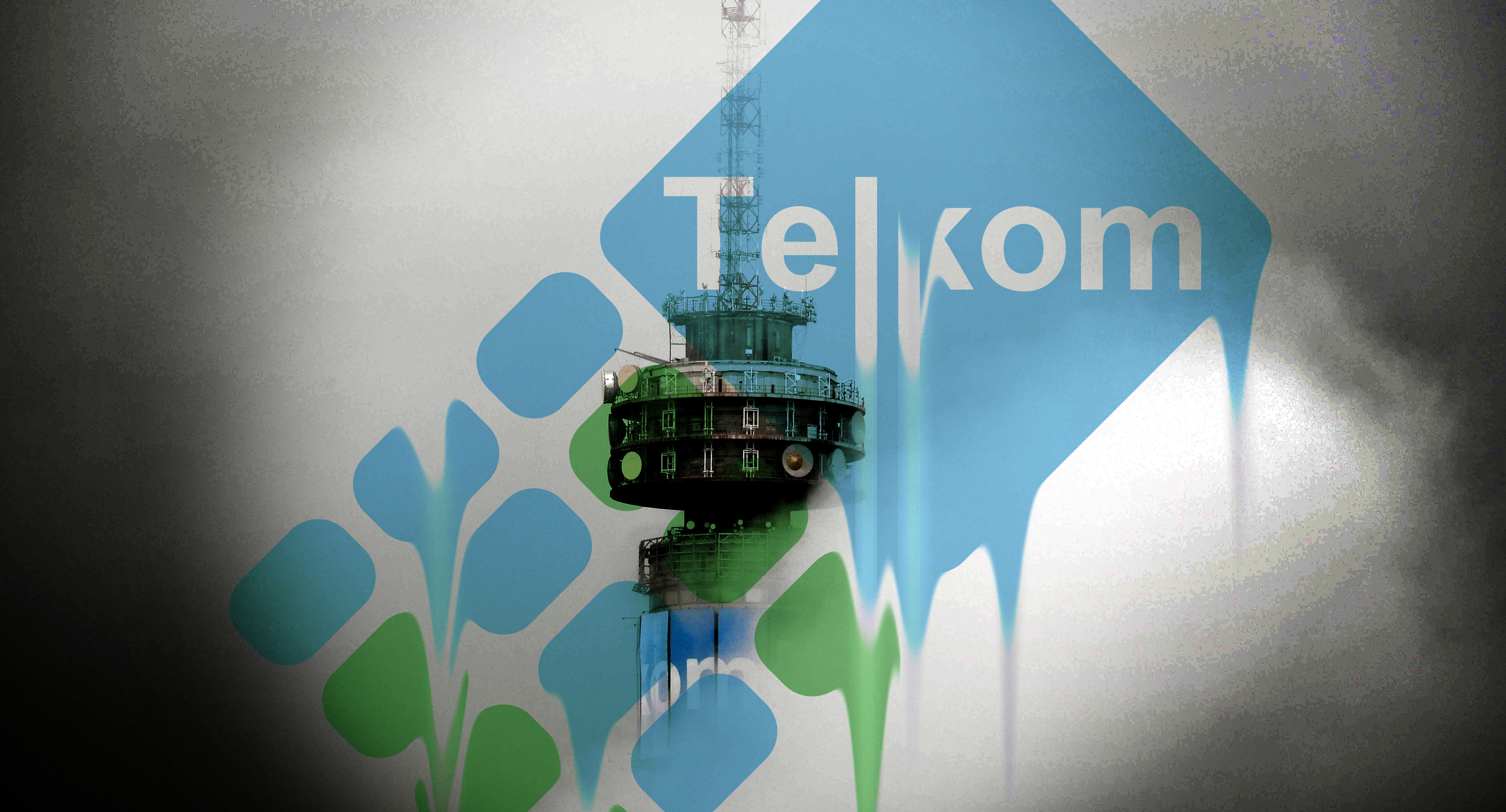Telkom is paring down investments into initiatives aimed at making its telecommunications network more resilient to the effects of Eskom blackouts as the country’s electricity situation and outlook have improved in recent months.
Telkom — like its telecommunications rivals Vodacom and MTN — has spent billions of rands over the past two years on solar power, generators and lithium batteries to keep its cellphone towers running during Eskom blackouts.
The towers, which are critical for mobile and internet connectivity, depend on a stable electricity supply to function efficiently.
In Telkom’s case, it spent up to R2-billion fitting cellphone towers with backup electricity measures while sacrificing higher profits in the process, as the funds could have been used to expand its operations.
However, Telkom CEO Serame Taukobong said the investment has paid off as the company’s average network availability — a measure of reliability in the face of disruptions, including blackouts — improved to 92% during the year ending March 2024.
“I think all of us [Telkom and its rivals] have adapted and we’ve assumed that load shedding is the norm,” Taukobong told Daily Maverick, adding that its previous investments are now carrying Telkom’s network and making it resilient when there are power disruptions.
The investments currently being rolled out by Telkom are aimed at safeguarding its cellphone towers and infrastructure from theft and vandalism, which have become pervasive.
Telecommunications companies have not needed to rely on their backup electricity measures because the country has largely experienced relief from Eskom blackouts for nearly three months.
Eskom officials, the Presidency and the private sector have joined forces to monitor the performance of Eskom power stations and improve their response to fixing breakdowns, which caused blackouts.
The interventions have prompted the Presidency and business to predict that higher stages of Eskom blackouts would end in 2024, but if load shedding persisted during the year, the worst-case scenario was that it would be restricted to Stage 1. Both parties believe that blackouts will end entirely in 2025.
Read more in Daily Maverick: Presidency, big business double down on forecasted end to Eskom blackouts by 2025
Taukobong said the threat of higher Eskom blackout stages remains, and the operator was ready to roll out more investments to further make its network resilient and available.
“If Stage 6 or Stage 8 pops up again, we’ll have to do upgrades [to the network], but not to the level that we had to do 18 months ago,” he said.
Financial turnaround
Telkom’s investments in its network have partly helped it to turn its financial situation around. Profits have returned at Telkom for the 12 months ending March 2024, with the company saying that it has pencilled in a “profit” of R1.9-billion.
The year before, Telkom recorded a financial loss of R13.9-billion.
Read more in Daily Maverick: Shareholder panic wipes R2.5bn off the value of Telkom
Operationally, Telkom is seeing some green shoots, with the company growing its mobile and fibre businesses.
Telkom’s mobile network has surpassed the 20 million user mark for the first time. But in this arena, Telkom’s competitors, MTN and Vodacom, are streets ahead of it.
In the fibre business, the number of homes passed with fibre jumped by 17% to reach 1.2 million, with 590,000 of those connected (Telkom has a 48.5% connectivity rate, which it claims is the highest in the industry). Taukobong said Telkom’s goal would be to surpass the 50% connectivity rate mark.
At a group level, Telkom’s revenue increased by 1.6% to R43.2-billion, driven by an increase in mobile data and fibre data connectivity revenue of 10.6% and 14.5%, respectively.
Asked where growth for Telkom would come from, Taukobong says it will be in the mobile and fibre businesses.
During the year, Telkom’s capital expenditure came to R6.1-billion, of which some was spent on purchasing additional radio frequency spectrum, which the company will use to roll out the 5G service.
The 5G service brings the promise of faster internet connectivity, easier access to information and the ability to transfer large amounts of data across wireless networks. South Africa still relies heavily on 3G services.
Another area of growth for Telkom is the business of providing fibre connections to homes and businesses, with its network spanning 170,000km, making it the largest fibre provider in South Africa. Telkom wants to “grow aggressively” in this space by focusing on fibre connectivity to small- and medium-sized businesses.
If all of these growth initiatives pan out, Telkom might soon reinstate dividend payouts to shareholders. In 2020, the company suspended dividend payments for three years to conserve cash and also buy much-needed spectrum.
However, the Telkom board has approved the reinstatement of a dividend policy, which would see it pay out between 30% and 40% of its free cash flow generated.
Telkom’s free cash flow reached R424-million during the reporting period. Telkom shareholders are not likely to receive a dividend payout at the end of its current financial year, which runs until March 2025.
Shareholders might receive a payout in 2026, depending on Telkom’s free cash flow profile. DM





